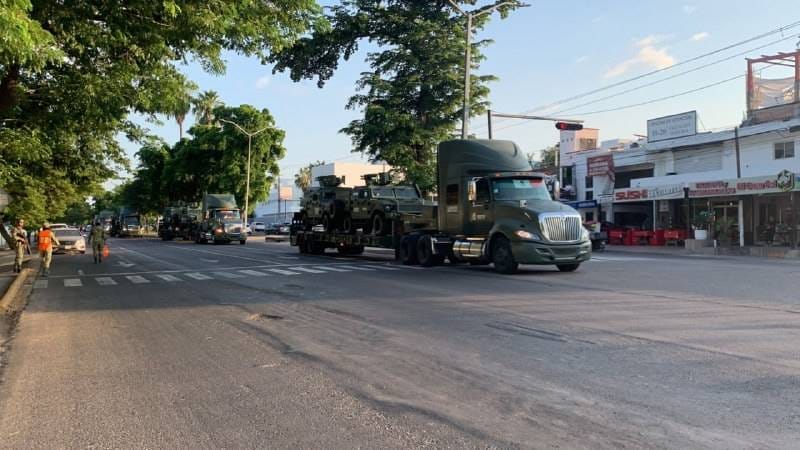Armored Vehicles Roll into Michoacán to Protect Lemon Growers from Cartel Extortion in New Security Push
Mexican government deploys Ocelotl armored vehicles to protect lemon producers in Michoacán from cartel extortion. Cartels demand exorbitant fees, forcing many farmers to abandon their livelihoods.

In a bold new move aimed at protecting Mexico’s lemon producers from the deadly grip of organized crime, the Mexican military has deployed Ocelotl armored vehicles to Michoacán's notorious Tierra Caliente region. The high-tech military vehicles, which resemble something out of a warzone, arrived as part of a renewed security strategy in the state to counter the relentless extortion campaigns by local cartels.
This development marks a key moment in Mexican President Claudia Sheinbaum’s administration, just days into her first 100 days in office. Her government is confronting one of the nation's oldest and most pervasive issues: cartel violence that has now seeped into the country’s agricultural economy. Michoacán, a state rich in natural beauty but long plagued by cartel activity, has become ground zero for this battle—one where lemon farmers have become some of the most vulnerable victims.




